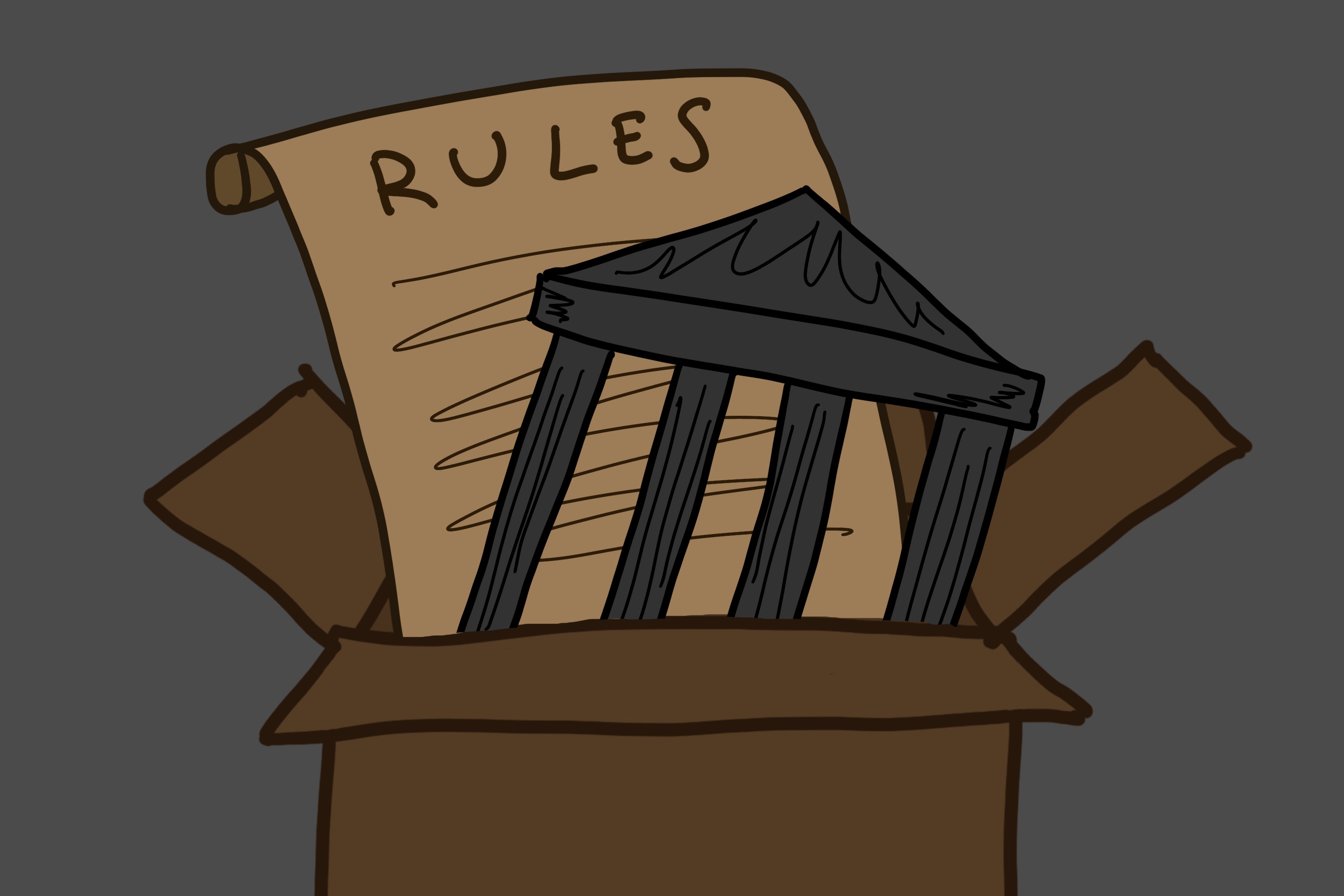
By Shayan Abbasi
The 118th Congress agreed on a new House rules package that would lay down ground rules under which the newly-elected Congress would operate on January 9, 2023,. After a notable 15 votes for speaker, the 52 page bill introduced by Rep. Steve Scalise of Louisiana’s 1st congressional district, former minority whip of the House, makes it easier to elect a new speaker, as well as enact restrictions on spending.
One of the most significant changes this rules package brings is giving legislators 72 hours to review new laws. With this measure, it may empower members to have time to review the bills for themselves rather than traditionally voting in the way party leadership tells them to. As compared to previous sessions of Congress, this appears to be a step forward for more peer review of potential bills.
An example of this is the hastily passed $1.7 trillion omnibus bill passed by House Democrats, just 11 days before the Republican majority 118th Congress was scheduled to take office.
“The Senate didn’t pass one appropriations bill, not one, so people could read it or have debate,” Minority Leader at the time Kevin Mccarthy said, regarding the 4,155 page bill.
Many key holdouts in Mccarthy’s election for speaker, along with a number of other Representatives, pushed for rule changes that they perceived would bring more transparency, as well as efficiency on the House floor. WIth the implementation of the new package, any Representative can now invoke a vote leading to a new Speaker election, which poses interesting challenges for Mccarthy if he does not give into wishes of the Freedom caucus, a group that were repeatedly notable holdouts in this year’s speaker election.
The House rules package was enacted after a historic 15 ballots were required to elect a speaker, the most since pre-Civil War days. One of the first pieces of legislation that was passed after the newly elected speaker of the house Kevin Mccarthy swore in Congress was the house rules package, setting the stage for the 118th Congress.
Backed largely by a party line vote, the legislation sets precedents that empower lawmakers to be involved more in legislative matters, as well as emphasizing the Republican party’s goal of limiting spending. According to Congressman Tom Cole of Oklahoma, the package “reflects Republican priorities and the priorities of the voters who elected us.” The bill moves to block consideration of legislation that is believed to increase mandatory spending, a key Republican solution to solving the national debt crisis.
Moreover, the package also calls for a supermajority of the House to raise taxes, making it more difficult for the implementation of new taxes. According to the New York Times, “The new rules direct congressional budget offices to try to calculate the ‘macroeconomic’ effect of tax reductions, an approach that could lower the estimated impact of tax cuts on the federal deficit. The rules also call for legislation to be for its potential contribution to inflation.”
One of the most consequential points of the legislation, however, is including a provision to oust the Speaker of the House with a snap vote, known as a motion to vacate the chair. Any member of the House could call for a vote removing the current speaker from office, a move that does not seem unfeasible given how many attempts it took for the current speaker, Rep. Kevin Mccarthy of California’s 20th congressional district, to reach the 218 vote threshold. Since the speakership requires a majority vote, this would limit the power of the speaker as they would need to make concessions within their party to ensure their speakership.
The House Rules Package also sets the stage for a debt limit showdown between Republicans and Democrats, as the national debt is currently at an all time high. According to a statement by the Committee for a Responsible Federal Budget, “the House rules package would permit more borrowing by allowing tax cuts to be added to the debt, and by making it more difficult to raise taxes.” The committee further advises that policymakers keep passing reduction bills, so that the deficit may not be increased.
“This rules package is a tremendous victory for the American people, and I am proud to support it,” Rep. Republican Congressman Chip Roy of Texas’s 21st congressional district said. “Over the past few months, my colleagues and I worked hard to secure institutional changes to the rules of this body to empower rank and file Members, allow Members to hold leadership accountable.”
Above all, this new house rules package will play an important role in the political atmosphere of the Congress for the next two years, as it sets crucial precedents for power of the speaker, while also making it harder to increase spending.





